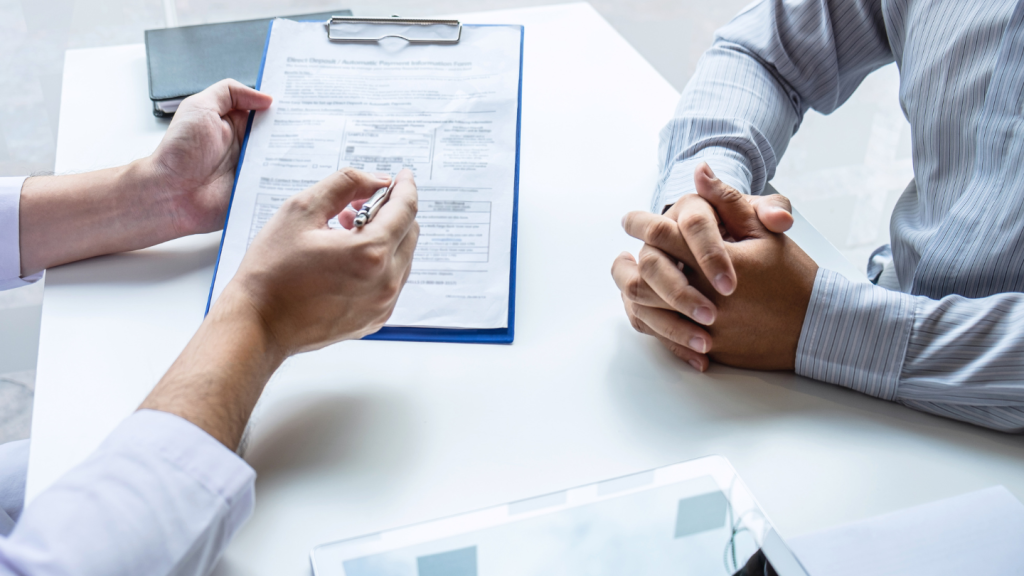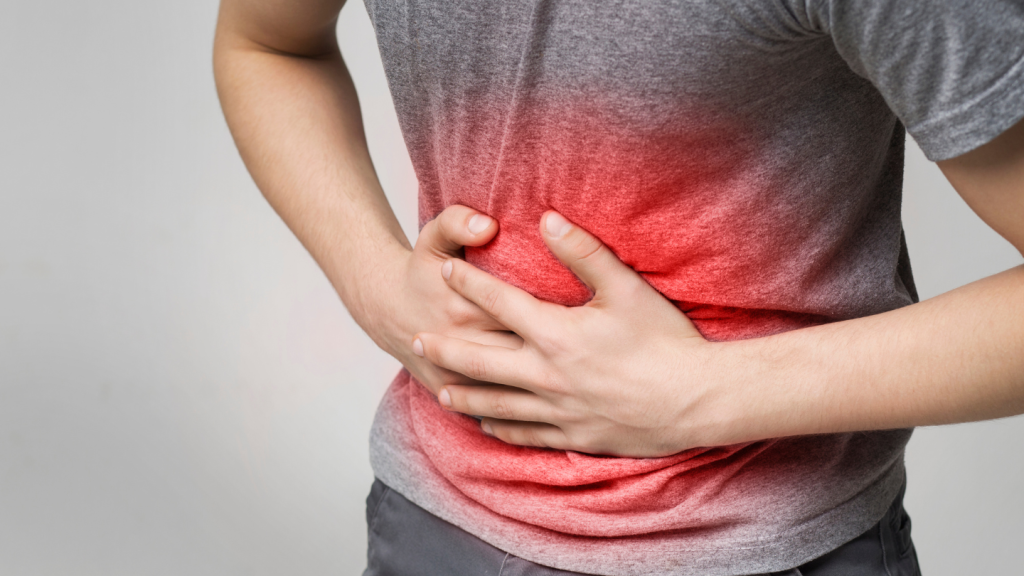
Essential Tips for Reducing Gas After Gastric Sleeve Surgery
Recovering from weight loss surgery often comes with new digestive challenges, and one of the most common is gas after gastric sleeve. Many patients report discomfort, bloating, and even sharp pains during the early weeks of healing. While this is usually temporary, excessive or persistent symptoms can interfere with recovery and quality of life. By understanding why gas occurs and learning strategies for prevention, relief, and long-term management, patients can feel more comfortable during their post-surgery journey.
Why Gas Happens After Gastric Sleeve Surgery
It’s completely normal to experience gas after gastric sleeve surgery. The procedure reduces stomach size and changes the way food is digested. This can cause swallowed air and certain foods to trigger more bloating and discomfort than before surgery. Gas pain after gastric sleeve is often related to:
- Eating too quickly and swallowing excess air.
- Sensitivity to high-fiber or high-fat foods.
- Drinking carbonated beverages.
- Shifts in gut bacteria after surgery.
- Surgical changes that temporarily slow digestion.
For many patients, gastric sleeve gas pain improves as the body adapts, but trapped gas after gastric sleeve can still cause sudden discomfort if not managed properly. Digestive changes during early healing can also overlap with reasons why diarrhea happens after gastric sleeve surgery and how to deal with it when bowel habits fluctuate.
Symptoms of Gas and Bloating
Patients often describe gas pain after gastric sleeve surgery as pressure or sharp cramps in the abdomen or chest. This discomfort can sometimes mimic heartburn or even cardiac pain, which causes anxiety. Other common signs include:
- Frequent belching or flatulence.
- Abdominal bloating and swelling.
- Cramping that worsens after eating.
- Relief when passing gas or moving around.
Excessive gas after gastric sleeve is usually not dangerous but can be frustrating. The key is to know when it is part of normal healing and when it may signal a complication. Addressing related bowel issues early, such as how to manage constipation after gastric sleeve surgery, can also help maintain overall digestive comfort.
How to Prevent Gas After Gastric Bypass or Gastric Sleeve

Even though the surgeries differ, similar strategies help patients minimize discomfort. For those asking how to prevent gas after gastric bypass or sleeve surgery, the main rules are:
- Eat slowly and chew thoroughly to reduce swallowed air.
- Avoid drinking carbonated sodas or sparkling water.
- Skip chewing gum, which introduces extra air into the stomach.
- Limit gas-producing foods such as beans, broccoli, cabbage, and onions.
- Keep meals small and frequent instead of large portions.
These practices reduce the risk of gastric sleeve gas pain while also supporting overall digestive health. Long-term results improve further when combined with a balanced diet after gastric sleeve surgery that meets nutritional needs without irritating the stomach.
Read More: What Foods Can You Not Eat After Gastric Sleeve Surgery?
How to Get Rid of Gas After Gastric Sleeve
Sometimes prevention isn’t enough, and patients still want to know how to get rid of gas after gastric sleeve once it starts. The best solutions often include:
- Walking or light movement to stimulate digestion and move gas through the intestines.
- Gentle abdominal massage to relieve trapped gas after gastric sleeve.
- Warm compresses to relax muscles and ease pressure.
- Probiotics, if approved by a physician, to help balance gut bacteria.
For patients wondering how to get rid of gas pain after gastric sleeve, the most effective method is often a combination of movement, hydration, and dietary awareness. Adequate hydration is easier when you follow your post-gastric sleeve guide to beverages, which helps avoid carbonation and excess air intake.
How to Get Rid of Bloating After Gastric Sleeve Surgery
Bloating is another frequent complaint. Patients often ask how to get rid of bloating after gastric sleeve surgery when it becomes uncomfortable. To reduce bloating:
- Avoid foods high in salt, which can cause water retention.
- Stay hydrated with plain water, sipping slowly throughout the day.
- Keep track of food triggers in a diary to identify what causes bloating episodes.
- Gradually reintroduce fiber into the diet instead of making sudden increases.
Managing bloating is closely tied to gas control, and both improve as patients adjust to new eating patterns. Introducing solid foods carefully, including exploring pasta after a gastric sleeve when appropriate, can help prevent unnecessary bloating.
How to Relieve Gas Pain After Gastric Sleeve
Gas pain after gastric sleeve surgery can feel sharp and persistent. For those searching how to relieve gas pain after gastric sleeve, these strategies may help:
- Use over-the-counter anti-gas medications with medical approval.
- Try simethicone-based tablets or digestive enzyme supplements.
- Apply heat therapy with a warm compress on the abdomen.
- Ensure you are eating in a calm, unhurried setting to prevent air swallowing.
For severe or ongoing gastric sleeve gas pain, medical evaluation is necessary to rule out complications. Proper nutrition planning, including knowing how many carbs after a gastric sleeve are okay, supports digestive balance and prevents excess gas formation.
When to Be Concerned About Gas Pain
Most cases of gas after gastric sleeve are normal, but there are warning signs that require medical attention. These include:
- Severe abdominal pain that does not improve with movement or passing gas.
- Persistent nausea or vomiting.
- Inability to tolerate liquids.
- Fever or signs of infection.
- Bloody or tarry stools.
These symptoms may indicate surgical complications or gastrointestinal conditions unrelated to simple gas and bloating. Avoiding irritants like caffeine by understanding whether you can drink coffee after gastric sleeve surgery is another way to prevent unnecessary gastric stress.
Lifestyle Adjustments to Reduce Long-Term Gas

Gas management is not only about immediate relief but also about long-term habits. Patients who adopt healthier eating and lifestyle patterns tend to experience less gastric sleeve gas pain overall. Effective habits include:
- Eating smaller meals multiple times a day.
- Avoiding foods that consistently cause excessive gas after gastric sleeve.
- Practicing mindful eating, focusing on chewing thoroughly.
- Incorporating light exercise into daily routines.
- Staying hydrated with plain water instead of sugary or carbonated beverages.
These adjustments create a stable digestive environment and help patients avoid repeated discomfort. Long-term comfort also depends on staying properly hydrated after your gastric sleeve surgery to keep digestion smooth and minimize bloating.
The Bottom Line
Gas after gastric sleeve is one of the most common post-surgery concerns, but it can usually be managed with mindful eating, lifestyle adjustments, and medical support when needed. Learning how to prevent gas after gastric bypass or sleeve surgery, how to get rid of gas after gastric sleeve, and how to relieve gas pain after gastric sleeve are essential parts of a smooth recovery. Most patients find that symptoms improve over time, but persistent pain should always be discussed with a healthcare provider.
For patients who have undergone a gastric sleeve in Maryland and are struggling with gas pain, bloating, or other digestive side effects, professional guidance is essential. Ascension Saint Agnes Bariatric Surgery offers comprehensive bariatric care, from surgery through recovery and long-term support. Their team provides personalized strategies to manage post-surgery gas and help patients maintain comfort during their weight loss journey. Whether you’re recovering from bariatric revision surgery or undergoing robotic surgery, they offer tailored solutions for a smoother recovery. With expertise in procedures like Roux-en-Y gastric bypass and the gastric balloon, they help you manage complications like GERD reflux effectively. For more information, don’t hesitate to contact us and discover how we can support your journey.
Frequently Asked Questions
Is it normal to have gas after gastric sleeve surgery?
Yes, gas is prevalent after gastric sleeve surgery. It occurs because of digestive adjustments, air swallowing, or dietary changes. Symptoms typically improve as the body adapts during recovery.
How long does gas pain last after gastric sleeve surgery?
Gas pain usually lasts for a few days to a few weeks after surgery. As healing progresses and dietary habits stabilize, the discomfort typically subsides. Your surgeon should evaluate persistent or severe gas.
What helps relieve gas pain after a gastric sleeve?
Walking, light movement, and gentle abdominal massage are effective for moving trapped gas. Warm compresses, simethicone-based anti-gas medications, and proper hydration can also help relieve pressure and bloating.
What foods should I avoid to prevent gas after a gastric sleeve?
Avoid carbonated drinks, beans, broccoli, onions, high-fat meals, and chewing gum. These increase air intake and gas production. Eat slowly, chew thoroughly, and keep meals small to minimize bloating.
When should I call my doctor about gas pain after the gastric sleeve?
Seek medical attention if you experience severe abdominal pain, persistent nausea, vomiting, fever, or bloody stools. These may indicate complications beyond the regular post-surgery gas.